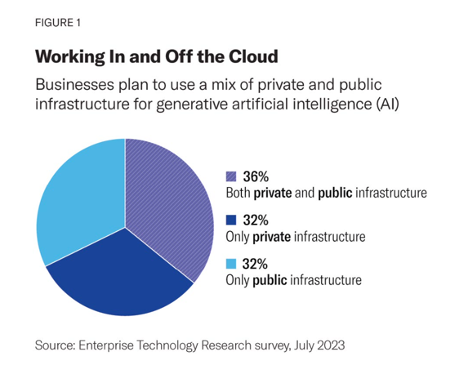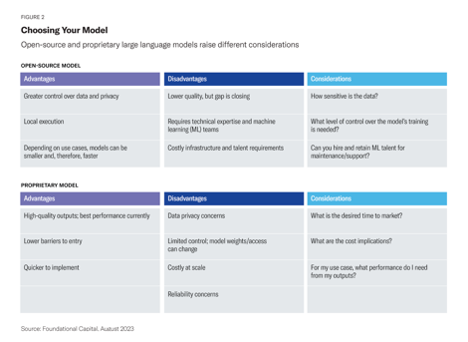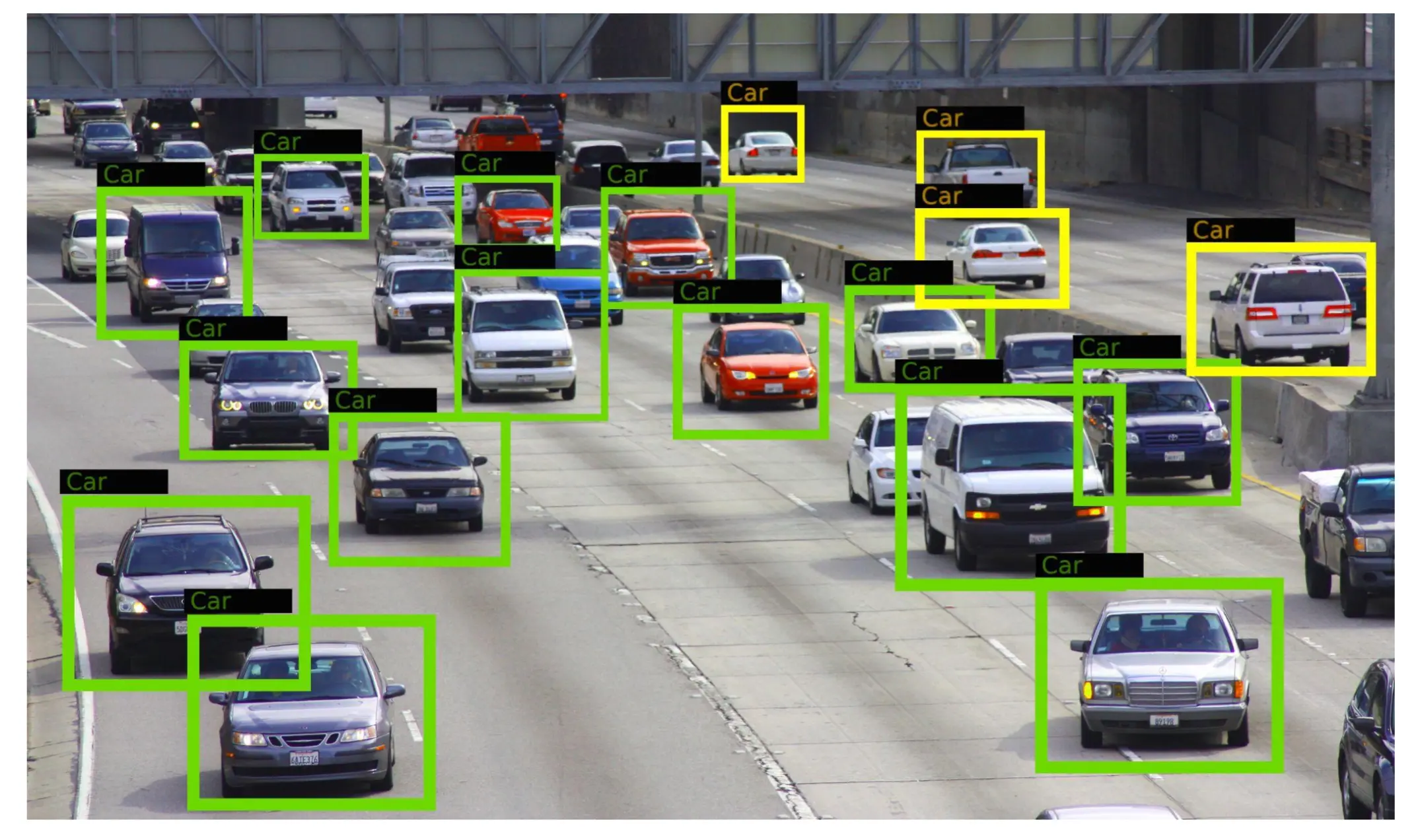- Publication: Harvard Business Review
- Publication Date: November 02, 2023
- Organizations mentioned: Cloudera, Dell, AMD, OpenAI, PricewaterhouseCoopers
- Publication Authors: Harvard Business Review
- Technical background required: Medium
- Estimated read time (original text): 30 minutes
- Sentiment score: 60%, Neutral
This Harvard Business Review Analytic Services report discusses the challenges and options for adopting generative AI in businesses, focusing on the debate between using commercial versus open-source large language models (LLMs).
TLDR
Goal: This Harvard Business Review Analytic Services briefing paper, sponsored by Cloudera, Dell, and AMD, aims to explore the intricacies of adopting generative AI in business, focusing on the trade-offs between commercial and open-source large language models (LLMs). It addresses the challenges businesses face in terms of data security, privacy, and the complexities of choosing the right AI model, highlighting the need for a tailored approach to AI adoption.
Methodology:
- The paper leverages insights from industry leaders and data from surveys and research firms.
- It discusses various use cases and implementation approaches for generative AI in businesses.
- The report includes qualitative analysis from business executives and technology experts.
Key Findings:
- Many businesses are actively evaluating or using generative AI, with common applications in code generation, customer support, content creation, and data summarization.
- There is a growing trend towards open-source LLMs due to concerns about data security, cost, and control in commercial models.
- Open-source models offer transparency and flexibility but demand significant technical expertise and infrastructure investment.
- Commercial models provide convenience and superior performance but raise concerns about data privacy and escalating costs.
- A hybrid approach, combining open-source and commercial models, may offer the best balance of performance, security, and cost.
Recommendations:
- Businesses should carefully evaluate their unique needs against the capabilities of available AI models.
- Adopting a hybrid model can leverage the strengths of both open-source and commercial LLMs.
- Organizations need to consider data security, privacy, ethical, and regulatory standards in their AI adoption strategy.
- Continuous monitoring and fine-tuning of AI models are crucial for effective implementation.
- Emphasizing the importance of agility and adaptability in adopting AI technologies for future readiness.
Thinking Critically
Implications:
- Widespread adoption of generative AI in business, following this report’s recommendations, could lead to significant improvements in efficiency and innovation. However, it could also exacerbate the digital divide, with businesses lacking resources or expertise falling behind.
- Non-adoption or slow adoption of these AI technologies could result in businesses missing out on competitive advantages, potentially leading to a stagnation in innovation and reduced market competitiveness.
- The hybrid approach of combining open-source and commercial AI models may drive an increase in collaborations and partnerships across industries, enhancing overall technological advancement.
Alternative Perspectives:
- The recommendation for a hybrid AI model might overlook the complexities and challenges in managing two different systems simultaneously, possibly leading to increased operational costs and technical difficulties.
- The emphasis on open-source models may underestimate the risks associated with data security and intellectual property issues, potentially leading to legal and ethical complications.
- The report’s focus on large language models might ignore the potential of other emerging AI technologies, which could offer alternative or complementary benefits.
AI Predictions:
- There will be an increased focus on developing more robust and secure open-source AI models, given their growing popularity and the concerns around commercial models.
- Businesses are likely to invest more in AI literacy and training programs, recognizing the need for technical expertise in implementing and managing AI technologies.
- A trend towards more personalized AI applications might emerge, as businesses seek to tailor AI solutions to their specific needs and goals.
Glossary
- Generative AI: Artificial intelligence that can generate content, including text, images, and code.
- Large Language Models (LLMs): AI models specifically designed to understand, interpret, and generate human language.
- Hybrid AI Model: A strategy that combines both open-source and commercial AI solutions to balance performance, security, and cost.
- AI Literacy: The knowledge and skills necessary to understand, manage, and leverage AI technologies effectively.
- Open-Source AI Models: AI systems whose source code is freely available for modification and distribution.
- Commercial AI Models: AI solutions developed and provided by companies, often requiring licensing fees and offering proprietary features.
Figures





 Join hosts Anthony, Shane, and Francesca for essential insights on AI's impact on jobs, careers, and business. Stay ahead of the curve – listen now!
Join hosts Anthony, Shane, and Francesca for essential insights on AI's impact on jobs, careers, and business. Stay ahead of the curve – listen now!


